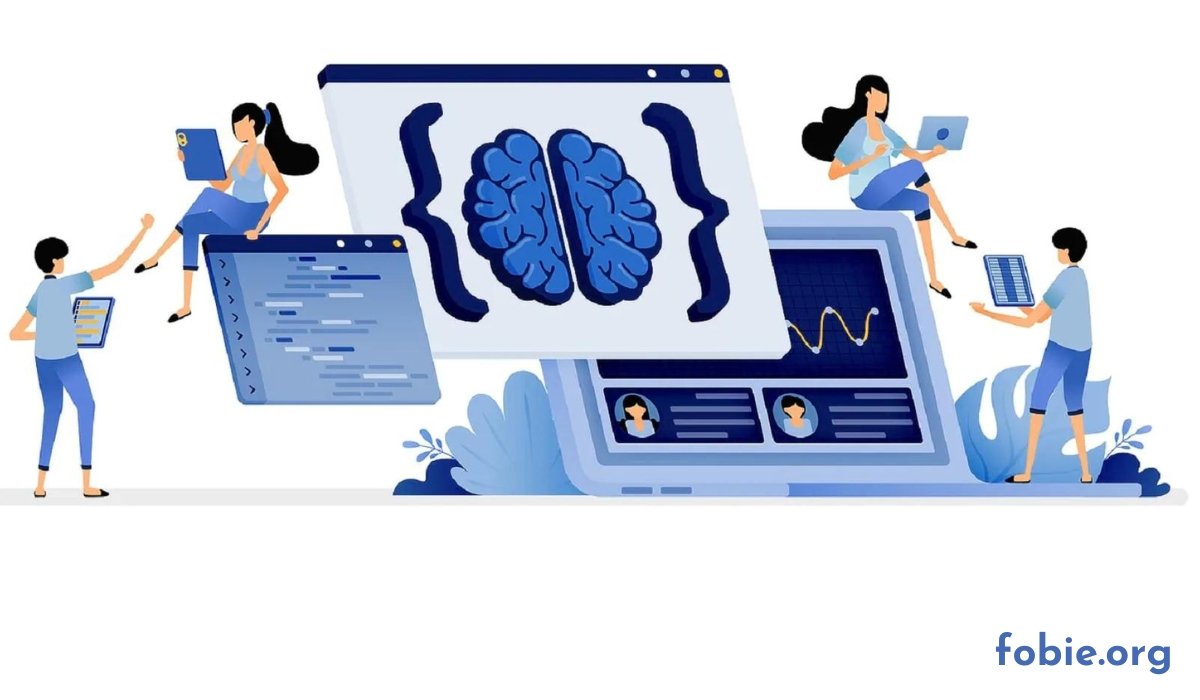Key Takeaways
- AI-driven Applicant Tracking Systems (ATS) streamline recruitment and improve candidate selection.
- Technology can reduce hiring biases and enhance the candidate experience.
- Implementing AI in hiring involves understanding its capabilities and limitations.
Introduction to AI for Recruitment
Artificial Intelligence (AI) is revolutionizing numerous industries and recruitment is no exception. By leveraging AI, companies are transforming their hiring processes, making them more efficient and effective. AI-driven Applicant Tracking Systems (ATS) are at the forefront of this change, helping organizations streamline recruitment tasks, from candidate sourcing to onboarding. For instance, Martin van Blerk discusses how scaling up and improving hiring with these systems can be a game-changer.
Adopting AI in recruitment speeds up the hiring process and addresses common pain points faced by HR departments. As businesses grapple with talent shortages and high turnover rates, integrating AI offers a promising solution to optimize their efforts and resources. By automating repetitive tasks such as resume screening and scheduling interviews, recruiters can focus on strategic activities that add more value to the hiring process.
Benefits of AI-Driven ATS
AI-powered ATS offers a myriad of benefits. Firstly, they significantly reduce the time recruiters spend on administrative tasks, allowing them to focus more on strategic decision-making. According to a recent report by Forbes, AI tools can handle resume screening and job matching with unparalleled efficiency. This automation reduces the average time-to-hire, which is crucial for companies in fast-paced industries where top talent is highly sought after.
Moreover, these systems enhance the accuracy of candidate selection. They analyze large volumes of data to identify the best fit for a role, ensuring a more objective and consistent hiring process. This automation speeds up hiring and improves the quality of hires. For example, by cross-referencing a candidate’s experience and skills with job requirements, AI ensures that only the most qualified candidates progress to the interview stage. This data-driven approach leads to better retention rates and overall job performance.
Reducing Bias in Hiring
One of the significant advantages of AI in recruitment is its potential to reduce biases. Traditional hiring processes are often plagued by unconscious biases that can affect decision-making. AI systems can be programmed to focus solely on candidate qualifications and job requirements, minimizing the influence of irrelevant factors such as age, gender, or ethnicity.
An article from The Guardian highlights that while AI is not entirely free from bias, it offers tools and frameworks to identify and mitigate these issues, promoting fairer hiring practices. This capability is crucial in building diverse and inclusive workplaces, ensuring candidates are evaluated on merit rather than subjective criteria.
Also Read: Camegle: Your Health’s Crystal Ball—How AI Predicts the Future
Improving Candidate Experience
Candidate experience is a critical aspect of recruitment, and AI can enhance it in several ways. Automated communication tools ensure timely updates and feedback, keeping candidates informed throughout the hiring process. Additionally, AI chatbots can answer candidate queries in real time, providing a seamless and engaging experience.
By offering personalized interactions, AI-driven tools make candidates feel valued, which can significantly improve their perception of the company and reduce dropout rates during the recruitment process. This positive experience can increase acceptance rates and a stronger employer brand. Furthermore, AI can help tailor job recommendations to candidates, matching them with roles that align with their skills and career aspirations, thus enhancing their overall satisfaction and engagement with the hiring process.
Challenges and Considerations
Despite the numerous benefits, integrating AI into recruitment is not without challenges. There are concerns about data privacy and the ethical implications of using AI. Companies must ensure their AI systems are transparent and comply with relevant regulations. Additionally, it is crucial to constantly monitor and update these systems to address any emerging biases or inaccuracies.
Moreover, the success of AI in recruitment heavily relies on the quality of data it is fed. Poor data can lead to incorrect predictions and flawed hiring decisions. Therefore, maintaining clean, relevant, and unbiased data is vital for harnessing AI’s full potential in recruitment. Companies should also invest in regular training for their HR teams to ensure they are equipped to work effectively alongside AI tools.
Steps to Implement AI in Recruitment
- Assess Current Recruitment Processes: Evaluate existing hiring practices to identify areas where AI can add value. This involves analyzing where bottlenecks occur and understanding your organization’s specific needs.
- Choose the Right AI Tools: Research and select AI-driven ATS that aligns with your organization’s needs. Factors to consider include ease of integration, user-friendliness, and scalability.
- Train Your Team: Ensure that recruiters are well-versed in using AI tools and understand their capabilities and limitations. Providing comprehensive training sessions and continuous support can facilitate smoother adoption.
- Monitor and Adjust: Continuously monitor the effectiveness of AI tools and make adjustments as needed to ensure optimal performance. Regular audits and feedback loops are essential to fine-tuning the system.
- Focus on Compliance: Stay updated with data privacy laws and ethical guidelines to ensure your AI systems comply. Transparency and accountability should be prioritized to build trust among candidates and stakeholders.
You May Also Like: Leomorg: Revolutionizing AI and Data Analytics











